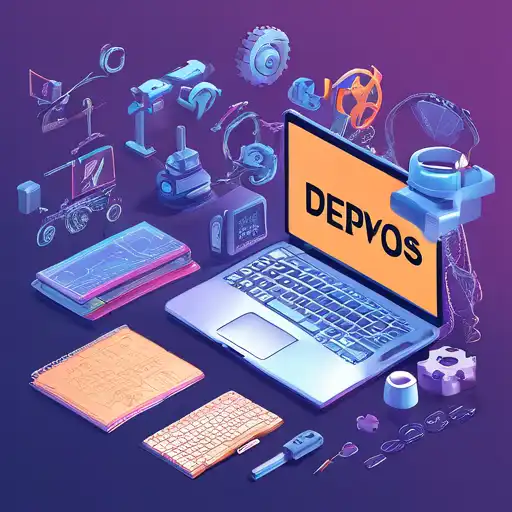Introduction to DevOps in 2023
As we step into 2023, the DevOps landscape continues to evolve, bringing forward tools that streamline development, deployment, and operations processes. This guide highlights the essential DevOps tools you need to know to stay ahead in the fast-paced world of software development.
1. Continuous Integration and Continuous Deployment (CI/CD) Tools
CI/CD pipelines are the backbone of DevOps practices. Tools like Jenkins, GitLab CI/CD, and CircleCI automate the software release process, ensuring faster and more reliable deployments. These tools support integration with various development tools and platforms, making them indispensable for DevOps teams.
2. Infrastructure as Code (IaC) Tools
Managing infrastructure has never been easier with IaC tools such as Terraform and Ansible. These tools allow you to define and provision infrastructure using code, reducing manual errors and ensuring consistency across environments. Whether you're working on-premises or in the cloud, IaC tools are a must-have in your DevOps toolkit.
3. Containerization and Orchestration Tools
Containerization tools like Docker and orchestration platforms such as Kubernetes have revolutionized how applications are deployed and managed. They provide the flexibility to run applications anywhere, from local development environments to large-scale cloud deployments, ensuring scalability and resilience.
4. Monitoring and Logging Tools
Visibility into applications and infrastructure is critical for maintaining performance and availability. Tools like Prometheus for monitoring and ELK Stack (Elasticsearch, Logstash, Kibana) for logging help teams identify and troubleshoot issues in real-time, ensuring optimal operation of services.
5. Version Control Systems
Version control is essential for collaborative software development. Git, along with platforms like GitHub and Bitbucket, enables teams to manage code changes efficiently, supporting collaboration across distributed teams.
Conclusion
The DevOps tools landscape in 2023 offers a wide range of solutions to automate and optimize the software development lifecycle. By leveraging these tools, teams can achieve faster delivery, higher quality, and more reliable operations. Stay updated with the latest trends and tools to maintain a competitive edge in the ever-evolving tech industry.
For more insights into DevOps practices, check out our guide on DevOps Best Practices.
